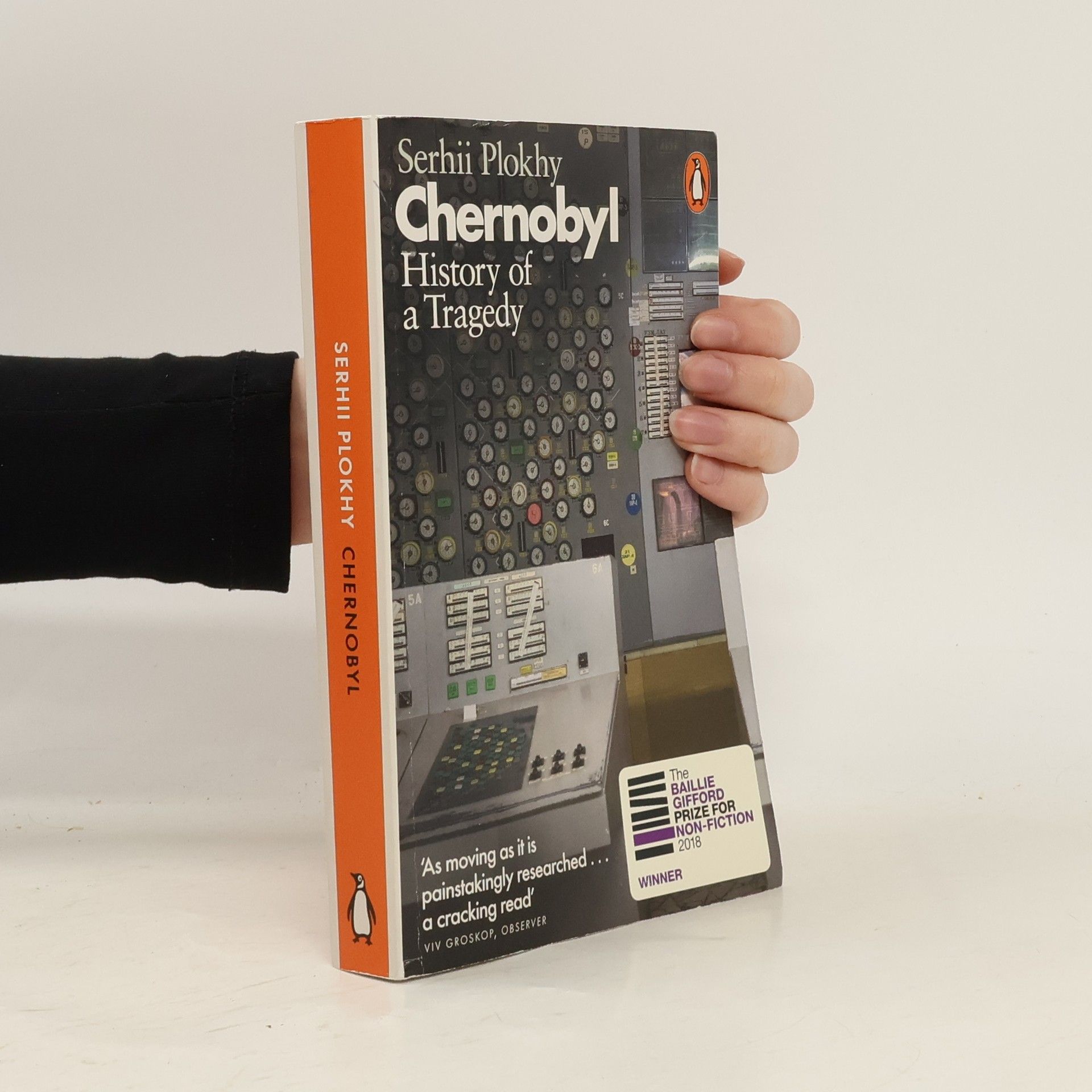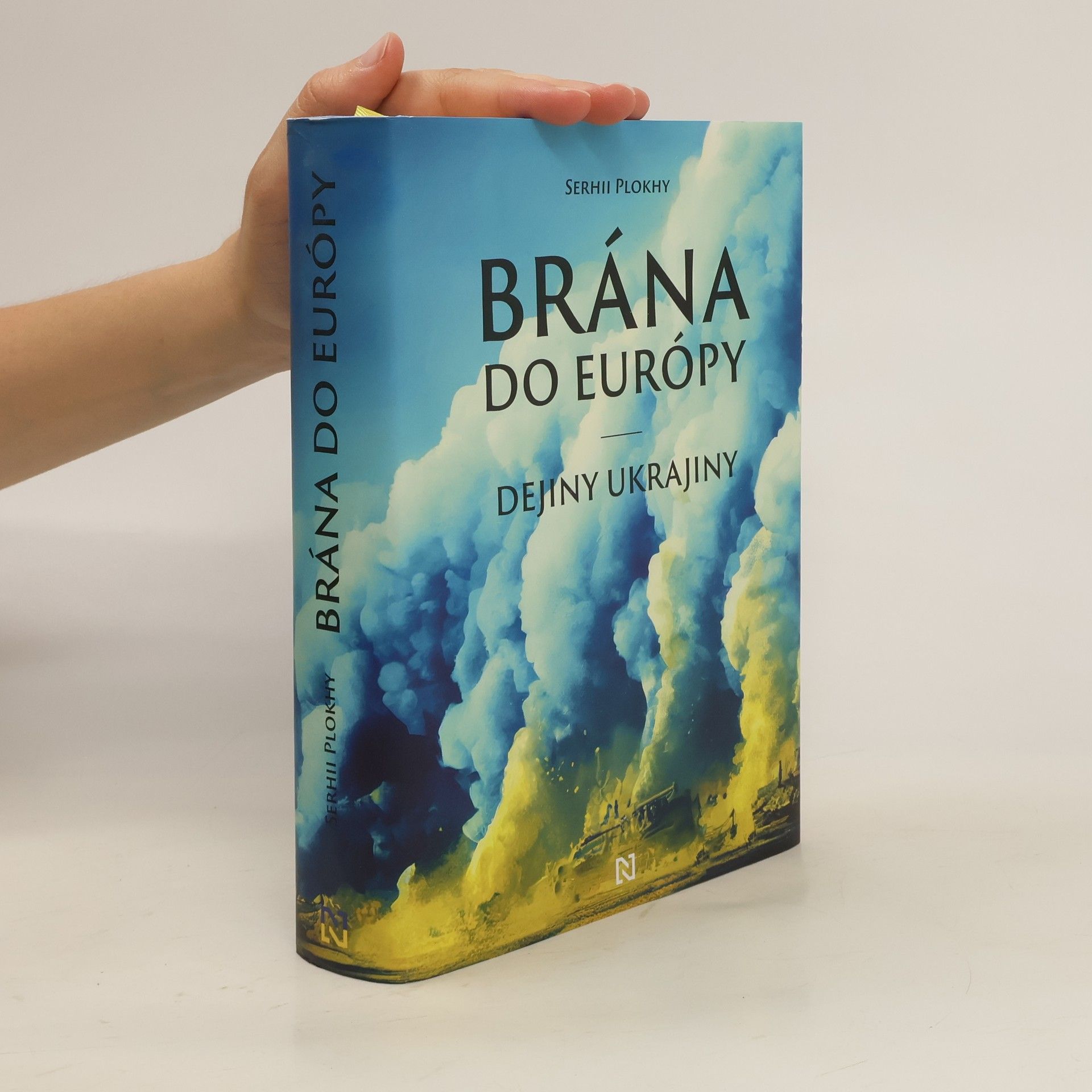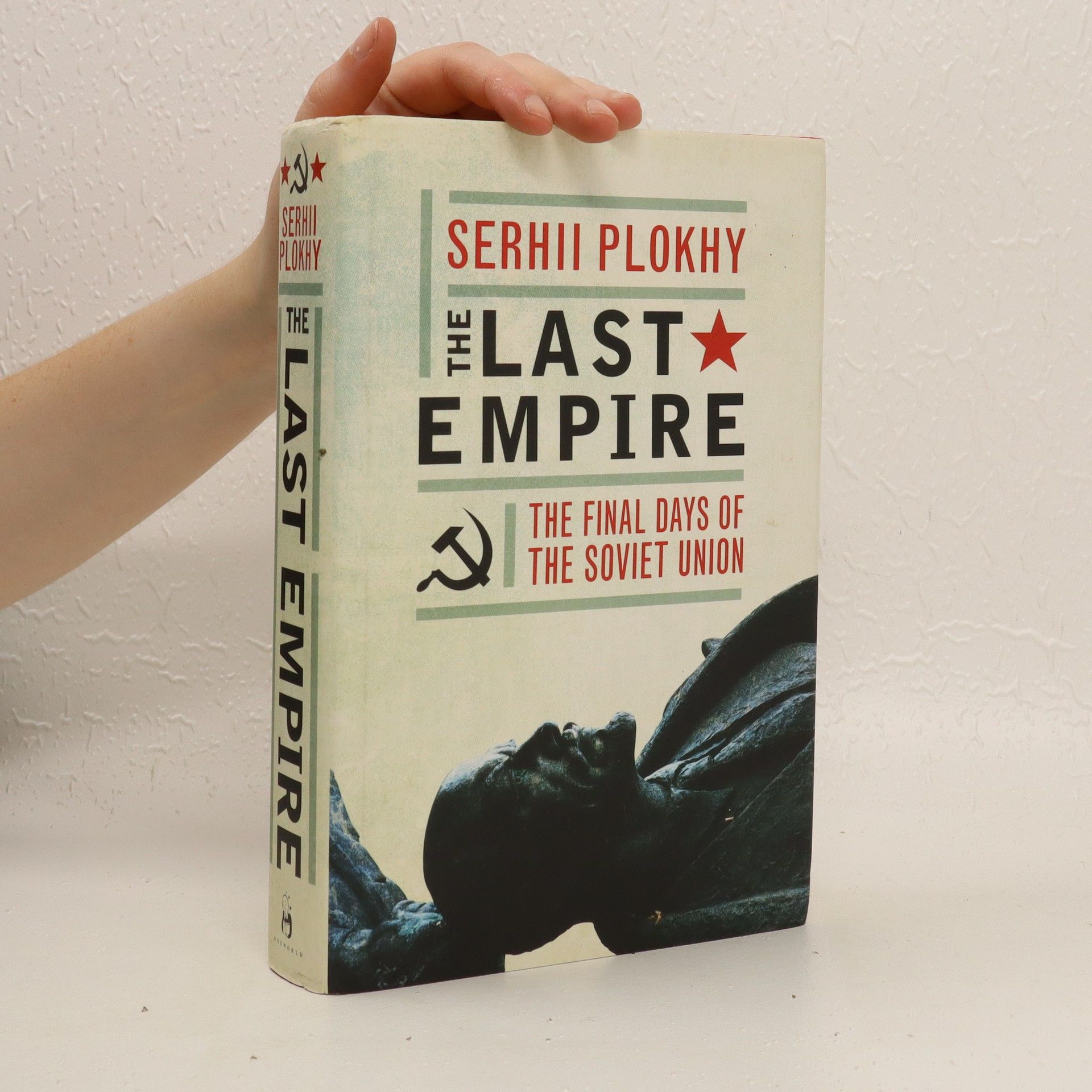Brána do Európy: dejiny Ukrajiny
- 440 stránok
- 16 hodin čítania
Ukrajina sa nachádza v napätej vojne s Ruskom, bojujúc za svoju územnú celistvosť a politickú nezávislosť. Tento konflikt je vrcholom dlhej histórie bojov o uznanie Ukrajiny ako samostatného národného štátu. Historik Serhii Plokhy tvrdí, že na pochopenie súčasnosti a budúcnosti Ukrajiny je nevyhnutné poznať jej minulosť. Krajina, ležiaca na križovatke medzi strednou Európou, Ruskom a Blízkym východom, bola formovaná rôznymi impériami, od Byzancie po Sovietsky zväz, a stala sa miestom stretu kultúr. Tu sa miešali usadlé a kočovné národy, a na stepnom pohraničí sa stretávalo kresťanstvo s islamom, čo viedlo k vzniku kozákov. Katolícka a pravoslávna cirkev vytvorili náboženskú tradíciu spájajúcu západné a východné kresťanstvo. Ukrajina bola tiež domovom miliónov židov a jedným z miest holokaustu. Plokhy skúma historickú identitu krajiny prostredníctvom životov významných postáv, ako sú princ Jaroslav Múdry, kozácky vládca Ivan Mazepa, Nikita Chruščov a Leonid Brežnev. Taktiež sa zaoberá hrdinami protestov na Majdane v rokoch 2013 a 2014, ktorí symbolizujú súčasný boj o budúcnosť Ukrajiny. Dnešná kríza je tragickým opakovaním histórie, keď sa Ukrajina opäť ocitla v centre globálneho konfliktu. Kniha poskytuje unikátne pohľady na pôvod a možné dôsledky tejto medzinárodnej krízy.




